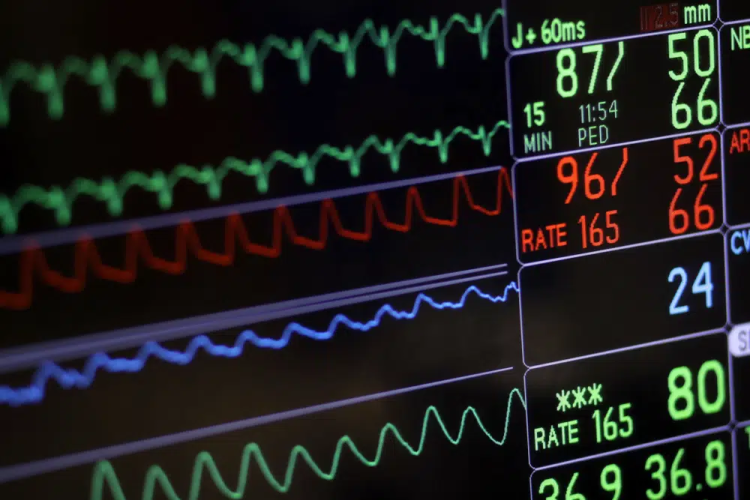A recent study suggests that testosterone replacement therapy is a safe option for men with low testosterone levels and pre-existing heart disease or a high risk of developing it. However, medical professionals caution against considering it as a miracle cure for aging.
The research, which was published in the New England Journal of Medicine, revealed that individuals using testosterone gel did not experience a higher incidence of heart attacks, strokes, or other significant cardiac complications compared to those using a placebo.
Dr. Steven Nissen, a cardiologist at the Cleveland Clinic and the senior author of the study, stated that this finding indicates the safety of the gel for men without cardiovascular issues who have low testosterone. However, he emphasized that the treatment should not be indiscriminately used by men without low testosterone (hypogonadism), as determined by blood hormone levels.
In summary, the study highlights the safe application of testosterone replacement therapy for a specific group of men but advises against its use as a general anti- A comprehensive study involving over 5,000 men between the ages of 45 and 80 was conducted at 316 trial sites across the United States. The participants were randomly assigned to receive either testosterone gel or a placebo, which they applied to their skin daily for an average duration of approximately 22 months. The study aimed to examine the occurrence of “major cardiac events” in both groups.
The findings revealed that there was no significant difference in the occurrence of major cardiac events between the testosterone group (182 patients) and the placebo group (190 patients). However, the testosterone group did show a higher incidence of less severe complications, including atrial fibrillation, acute kidney injury, and issues related to blood clots in veins.
Dr. Alan Baik, a cardiologist from the University of California-San Francisco who was not involved in the study, commented that this large-scale research helps bridge a knowledge gap regarding the impact of testosterone treatment on cardiovascular outcomes for men with genuinely low testosterone levels.
In summary, the study’s results indicate that testosterone treatment does not increase the risk of major cardiac events in men with low testosterone levels, but it may be associated with a higher incidence of milder complications.
Dr. Alan Baik expressed the need for further research to determine whether testosterone therapy can effectively reduce cardiovascular risk factors in men with low testosterone levels. This is particularly important as men with low T often have other conditions such as high blood pressure and diabetes.
Treating low testosterone has been a lucrative industry for several years, largely driven by advertisements promoting various forms of treatment such as pills, patches, gels, and injections. Numerous online platforms and clinics across the country provide these treatments, often linking low T to common problems like fatigue and weight gain.
The motivation for the new study, led by the Cleveland Clinic and funded by a consortium of drug companies, stemmed from a 2015 mandate by the Food and Drug Administration (FDA). The FDA required manufacturers of testosterone products to thoroughly assess the risk of heart attack or stroke associated with their products. An earlier FDA review had revealed that many men were receiving low T treatment without their testosterone levels being properly evaluated.
Dr. Nissen, the senior author of the study, acknowledged that low testosterone is a prevalent condition. However, he noted that many aging men desire to regain their youthful vitality, including sexual performance reminiscent of their younger years.
In summary, Dr. Baik emphasized the importance of further research to explore the potential of testosterone therapy in reducing cardiovascular risk factors in men with low testosterone levels. The study was conducted in response to an FDA mandate, prompted by the widespread use of low T treatment without proper evaluation. Dr. Nissen acknowledged the common occurrence of low T but acknowledged the desire among aging men to regain aspects of their youthful vigor.
Dr. Nissen further emphasized that testosterone treatment should not be utilized by bodybuilders or athletes. He expressed significant concerns regarding the potential misuse of testosterone in these populations and stressed the need for caution in such cases. It is important to prioritize the responsible and appropriate use of testosterone therapy, considering the potential risks and implications associated with its misuse.









